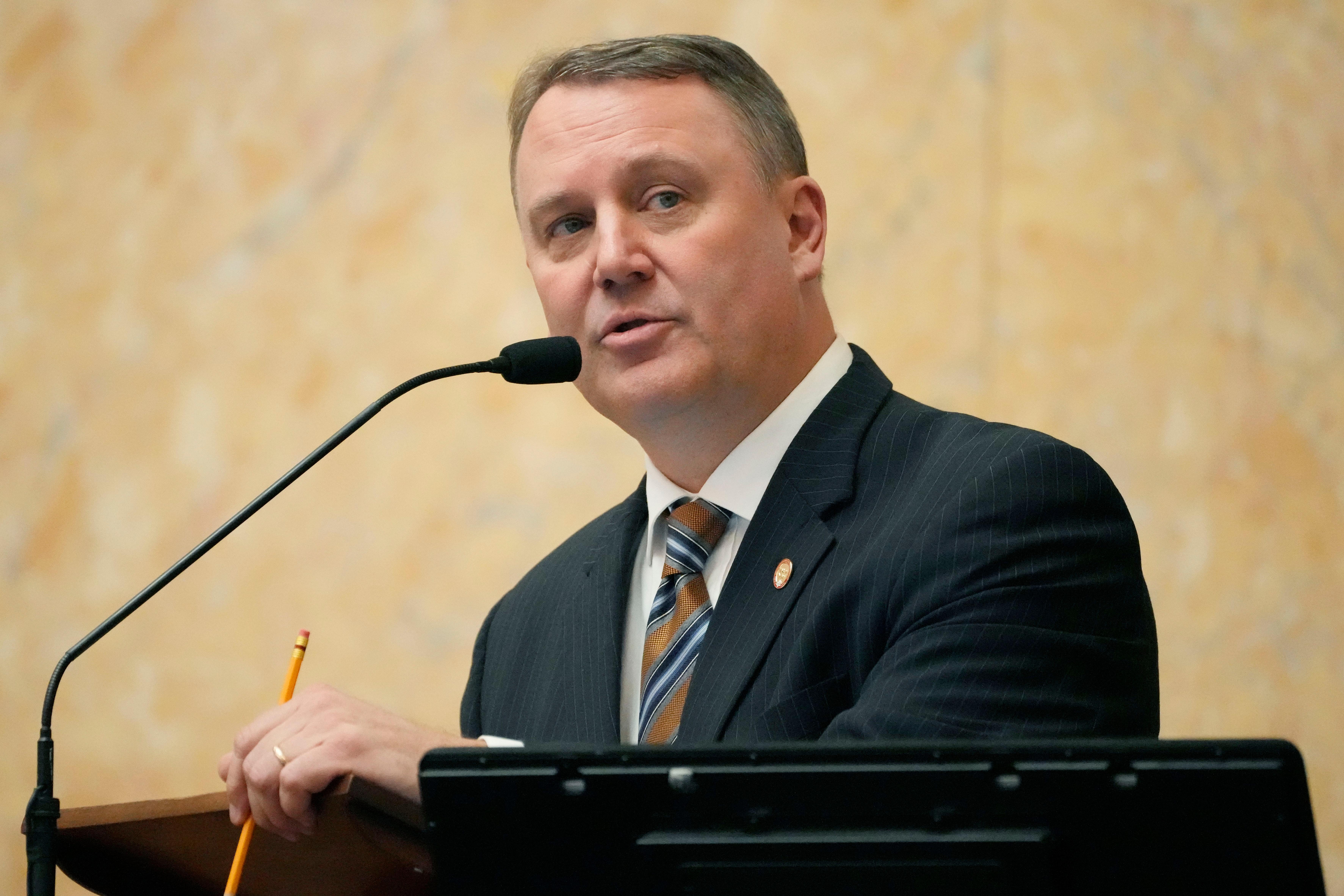Speaking at a Stennis Capitol Press Forum on Monday, White previewed an education-heavy policy agenda for 2026, with a major focus on expanding school choice options.
Instead of advancing these policies through individual bills, White said the House will take all the proposals that come out of his Select Committee on Education Freedom and combine them into one comprehensive education reform package.
White said that all-encompassing approach facilitates compromise among lawmakers and worked earlier this year with House Bill 1, the major fiscal package that eliminated the state income tax.
“I think it works and flows better when everybody is considering the whole,” White said. “We seem to be able to get our hands around it better, all in one piece of legislation.”
New policies White expects to be included in the package include a targeted teacher pay raise to recruit educators in areas with severe teacher shortages.
He also wants to see the state expand its Education Savings Account program, which currently allows the guardians of some students with disabilities to use state education dollars for things like private school tuition. White said the effort will first focus on students in low-income families, then expand to other groups.
“I'm for universal school choice, but I understand that a portion of my own caucus and even the Legislature as a whole is not,” White said. “But what they are most all for is starting at a place that helps our most disadvantaged first and being willing to give those folks the benefit of the doubt when it comes to some options.”
According to White, the package will likely also include school choice measures that were killed by the Senate during the 2025 session, such as allowing students to freely transfer between public schools and opening up public school extracurriculars to homeschool students.
Jackson-focused committee renewed after 2025 policy wins
The Capital and Metro Revitalization Select Committee will continue to focus on Jackson after its work in 2024 led to five bills being signed into law this year. White said the capital city’s troubled water and sewer systems will be a special area of focus this time, and emphasized that a state takeover is not the goal.
Rep. Grace Butler-Washington of Jackson said she’s excited to build upon the work they’ve done, including establishing a program that gives tax credits for the redevelopment of blighted properties.
Legislative leaders have expressed optimism that the election of John Horhn as Jackson mayor will usher in an environment where lawmakers and city leadership can work together. Horhn has decades of experience in the state Senate, and former Mayor Chokwe Lumumba’s tenure was marked by frequent conflict with the state.
“With his knowledge base of how the Mississippi Legislature works and just bringing in that new freshness to be able to collaborate and work with others and be able to move the city forward, I think everyone is excited about that,” Butler-Washington said.
Voters’ rights committee will revisit policies rejected by Senate
The Voters’ Rights Select Committee will study issues such as restoring suffrage to people convicted of disenfranchising felonies, reinstating the ballot initiative process, and implementing early voting.
The House passed suffrage restoration and ballot initiative legislation during the previous two sessions, but those measures stalled in the Senate.
Leaders in the upper chamber also decided at the end of the 2025 session not to send an early voting bill to Gov. Tate Reeves’ desk. Reeves has been a vocal opponent of early voting, even attacking Sen. Jeremy England, a fellow Republican and chair of the Senate Elections Committee, on social media for his role in advancing early voting legislation.
Butler-Washington, one of the few Democrats on the committee, said it’s refreshing to see legislative leaders acknowledge the benefits early voting offers to residents of all political stripes.
“Our Republican leadership sees the importance of early voting, and they've taken party politics out of it, and I truly see that as helpful here in our state,” Butler-Washington said.
None of the committee chairs have released hearing schedules or agendas yet, but they are expected to begin their work in July.




